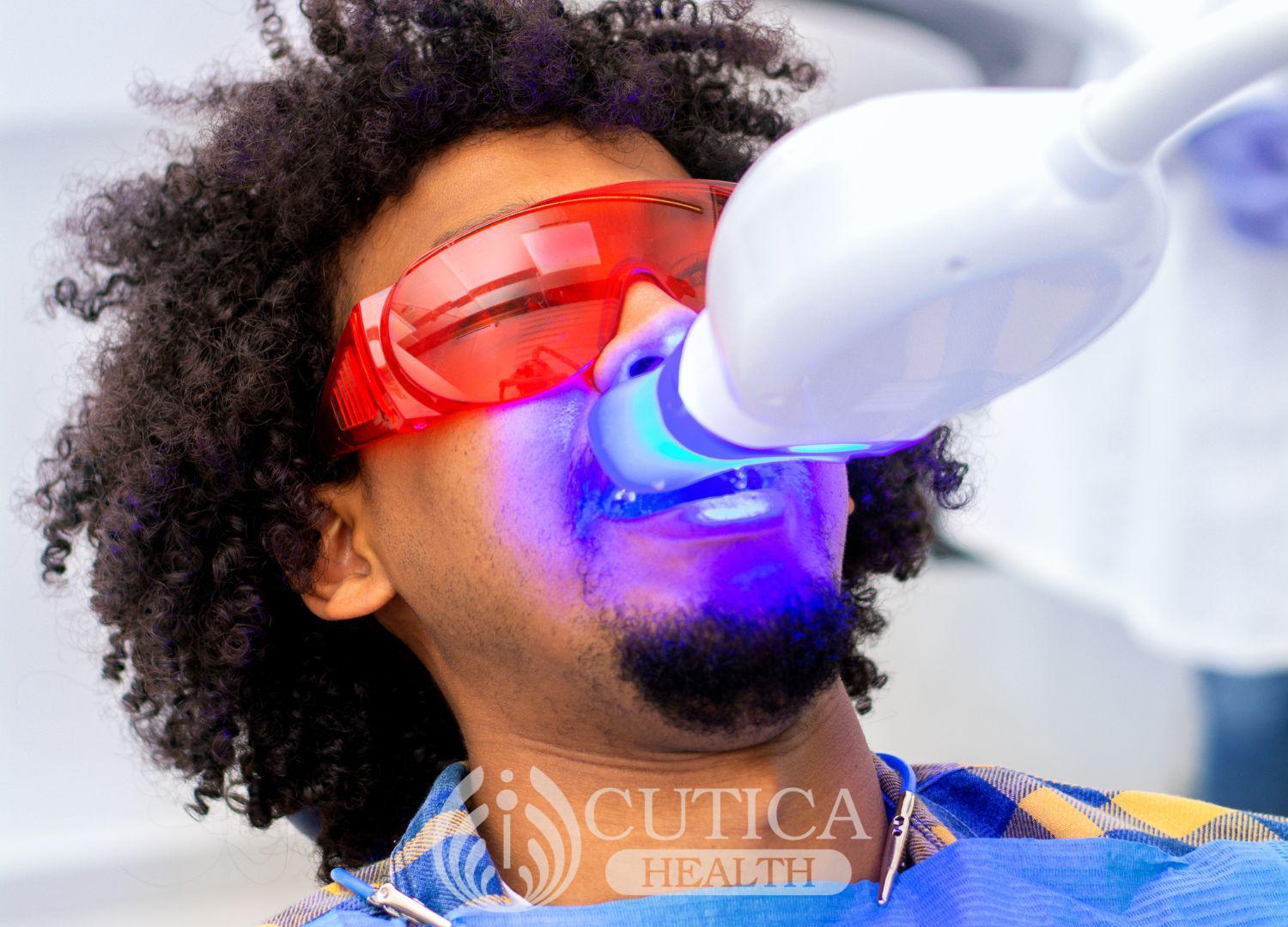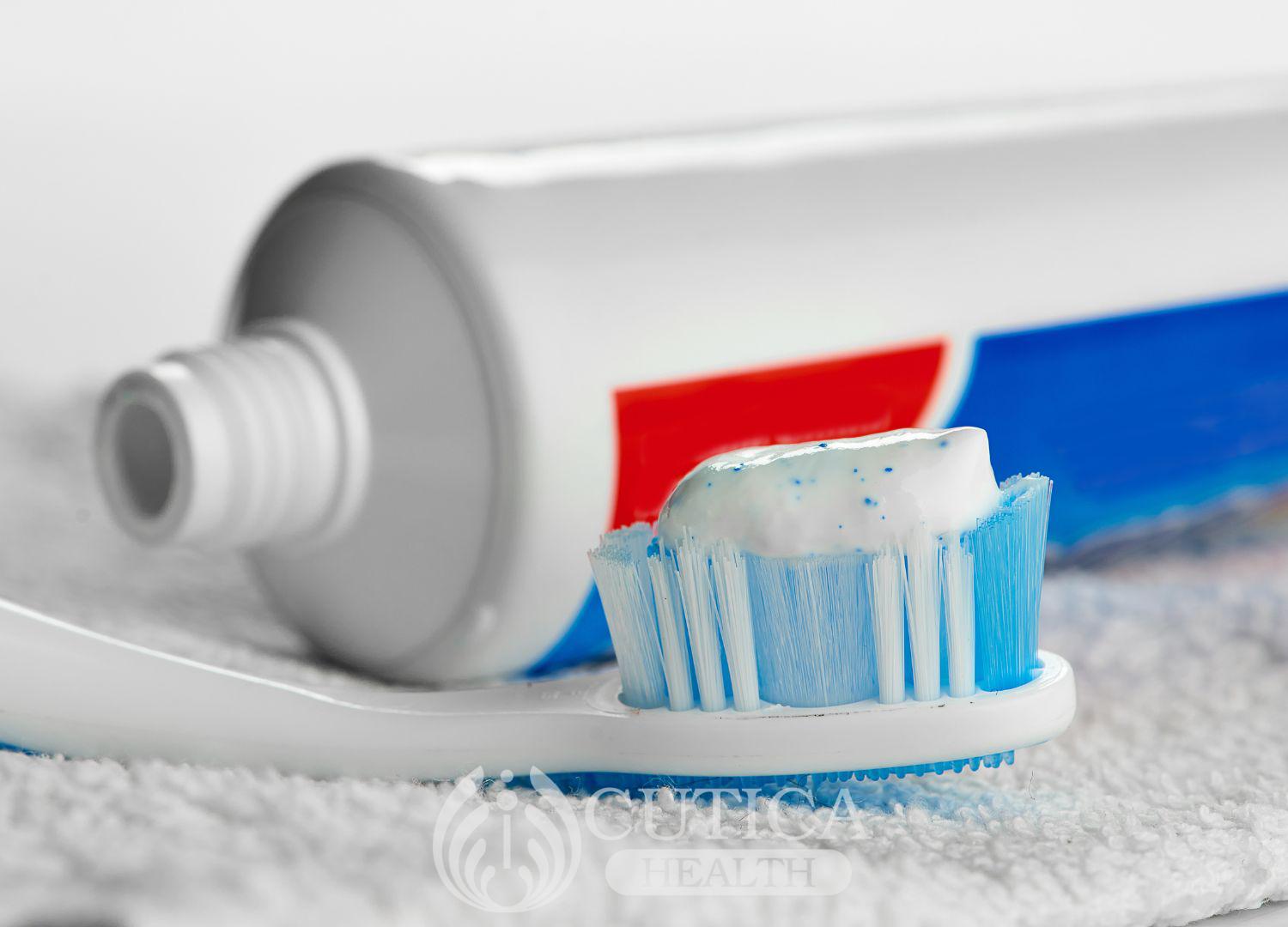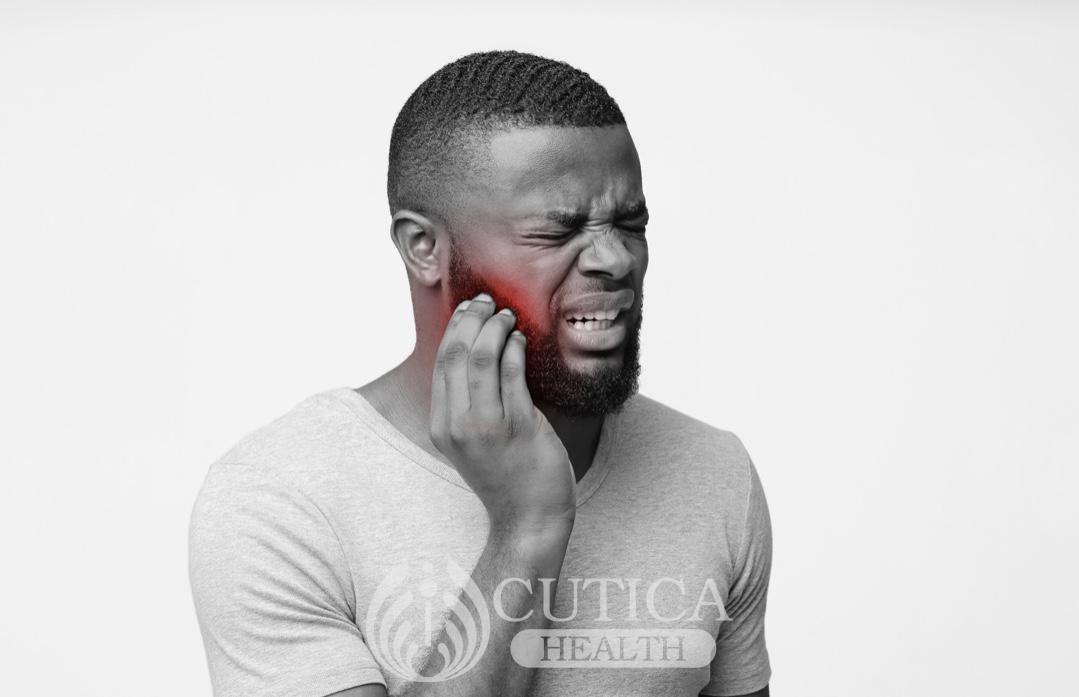
As part of his resolution for the New Year, Ade decided to stop smoking. He knew it would be difficult, but the problems caused by the habit were becoming too many to bear.
For instance, the sweets and mints he constantly chewed to mask his bad breath had made many of his discolored teeth decay and have holes. Teeth that he hoped to use in his old age even though he was just 25!
He made his way to the health center in his community to ask for professional advice and get any intervention that could help him overcome the withdrawal symptoms he was beginning to feel.
Your teeth, gums, and other structures in your mouth are negatively affected by smoking. Nicotine is the chemical found in tobacco and is responsible for the addictive effects of smoking. Its combination with thousands of other chemicals contained in tobacco is responsible for the diseases linked to smokers.
Effects of Smoking on your teeth

The effect of smoking on the teeth is as dangerous as it is on the rest of the body. The effects on the mouth include:
- Discolored Teeth
Deposits of the pigments contained in tobacco on the teeth can cause tooth discoloration. Nicotine causes a yellowish discoloration of teeth while tar, also found in smoke, blackens them. Both are tough stains to remove and give the teeth an unhealthy appearance.
- Mouth odor
Smoking cigarettes leaves a bad smell in your mouth that lingers. It also dries out your mouth as it impairs the flow of saliva in the mouth. This also makes your teeth prone to infections, as saliva becomes inadequate to cleanse the mouth.
- More build-up of plaque leading to gum diseases
Gum disease, or Gingivitis, happens when the sticky white film covering teeth (plaque) builds up. Since plaque houses mouth bacteria, this usually irritates the gums. The reduced cleansing action of saliva and the pigment deposits caused by smoking can lead to Gingivitis.
- A slower rate of healing
Nicotine is known to shrink blood vessels, reducing blood flow to tissues. Since nutrients and the body’s defense system are contained inside the blood, a reduced blood flow will lead to poor healing in injured sites.

- Increased risk of Implant failure
Reduced wound healing and loss of bone at the implant site caused by tobacco smoking may increase the risk of implant failure.
- High risk of oral cancer
Mouth and throat cancers are common among smokers as these structures are bathed by hundreds of carcinogens found in cigarette smoke.
Smoking cigarettes is not the only way tobacco damages your teeth, chewing tobacco is also as bad for your health—just as are smokeless cigarettes and Cigars
Why should you quit smoking?

You should stop smoking cigarette because of its numerous health risks. For instance, you are more likely to get cancer of your mouth or throat if you smoke. You are also at risk of several other cancers, including cancer of your stomach, colon, and breast, as well as heart disease and stroke if you smoke.
You can ask your dentist for more advice and commence smoke cessation programs to help you regain control of your health.
The health risks of smoking are numerous. With professional counseling and medication, you can begin your journey towards a healthier lifestyle.












